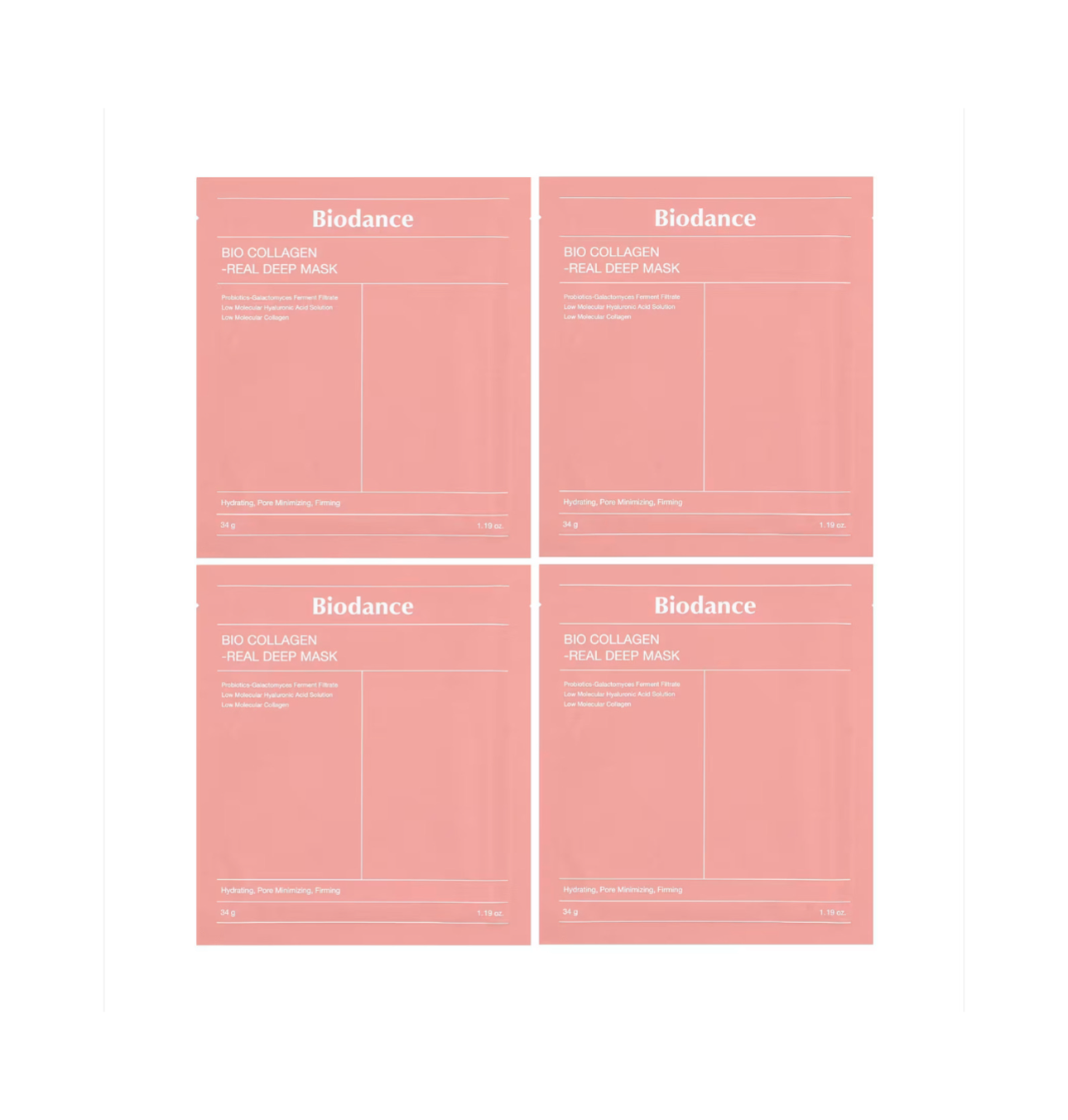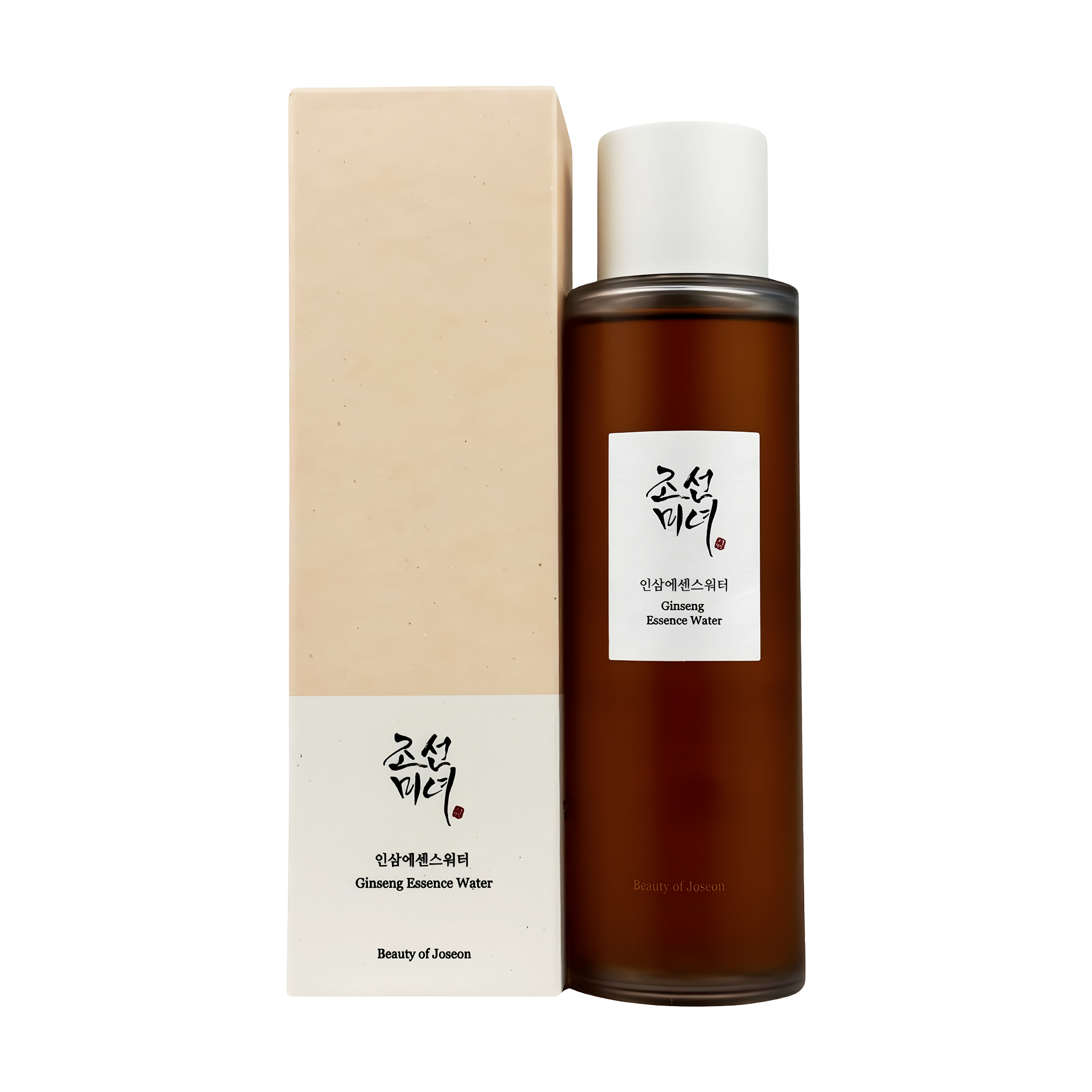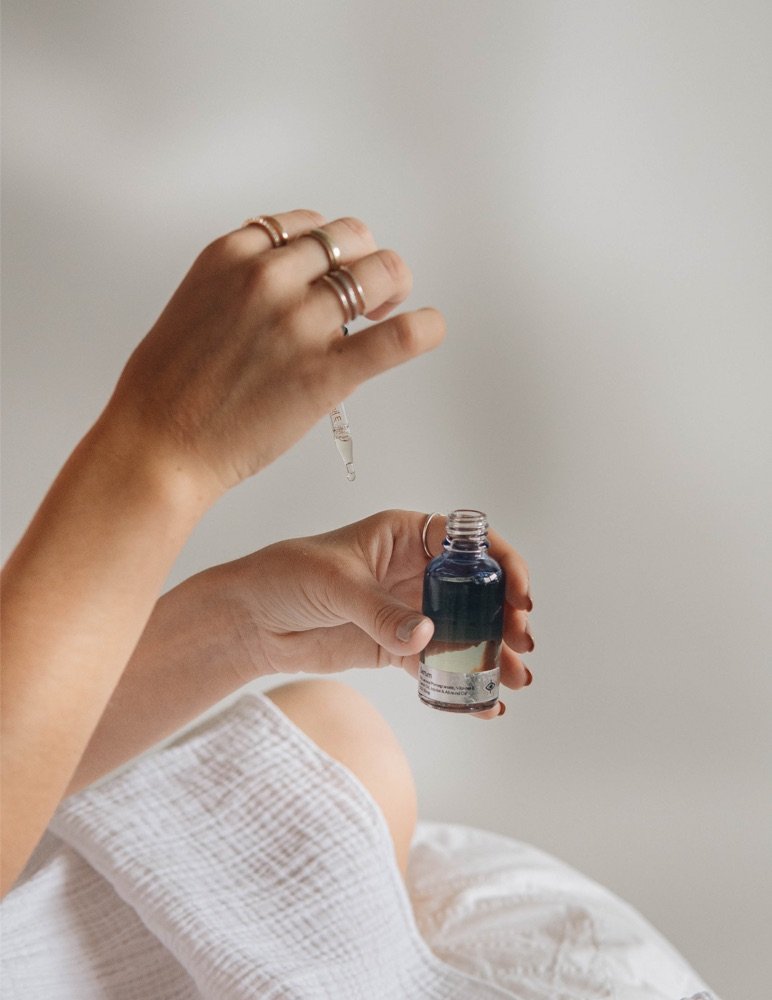Acne is a frustrating skin condition that many people struggle with, especially when it pops up unexpectedly in adulthood. If you’ve ever wondered, “Is Korean skincare good for acne?”, you’re not alone.
Korean skincare has gained worldwide popularity for its gentle, effective, and innovative approach to skin health. But when it comes to managing acne-prone skin, how well do these products really work? And are they the right fit for sensitive or reactive skin types?
In this blog, we’ll dive into the pros and cons of using Korean skincare for acne, share expert insights on the best types of products, and provide helpful tips on building a routine that truly supports clear, healthy skin.
What Makes Korean Skincare Different for Acne?
Korean skincare stands out because it combines centuries-old traditional beauty wisdom with cutting-edge scientific advancements. The approach is holistic, aiming to not just treat acne symptoms but also support the skin’s natural barrier, soothe irritation, and promote long-term skin health.
Many Korean skincare products are formulated with gentle, nourishing ingredients like ginseng, snail mucin, rice extract, and green tea antioxidants, all known to calm inflammation and support healing. Plus, the multi-step routines encourage hydration and protection, which are essential for acne-prone skin.
The Pros of Using Korean Skincare for Acne
1. Gentle yet Effective Cleansing
A cornerstone of Korean skincare is the double or triple cleanse, which carefully removes makeup, sunscreen, and impurities without stripping your skin’s natural moisture. This approach helps prevent dryness and irritation—common issues with harsh acne treatments.
Some standout cleansers recommended by experts include:
- Dr. Althea Pore-Control Cleansing Balm: A balm that melts away makeup and excess oils while maintaining moisture balance.
- Beauty of Joseon Ginseng Cleansing Oil: Rich in antioxidants, it purifies and strengthens sensitive skin.
- COSRX Advanced Snail Mucin Gel Cleanser: Calms and hydrates stressed skin during cleansing.
2. Hydrating Toners and Pads
After cleansing, Korean skincare routines often include hydrating toners or toner pads that rebalance the skin’s pH and add a layer of moisture. This is vital for acne-prone skin, which can be overly dry or irritated from other treatments.
Products like Anua Soothing Toner and Beauty of Joseon Ginseng Essence Water and fortify the skin barrier, helping reduce redness and sensitivity.
3. Targeted Serums and Essences
Korean skincare shines with its use of serums and essences that focus on treating specific concerns such as inflammation, pigmentation, and dehydration. Many of these are lightweight and easily absorbed, making them ideal for sensitive or acne-prone skin.
Examples include:
- Beauty of Joseon Calming Serum: Packed with antioxidants to soothe and strengthen skin.
- Goodal Vita-C Dark Spot Care Serum: Brightens dark spots without irritation.
- COSRX Retinol 0.1 cream: Acts as a deterrent against wrinkles and premature skin ageing.
4. Barrier Repair with Creams and Masks
Acne treatments can often damage the skin barrier, leading to more irritation and breakouts. Korean skincare routines emphasize repairing and strengthening this barrier through nourishing creams and soothing masks.
Highly recommended products include:
- Beauty of Joseon Dynasty Cream: Nourishes deeply without heaviness.
- COSRX Birch Sap Oil-Free Ultra Moisturizing Lotion: Hydrates and repairs post-breakout skin.
- Biodance Bio Collagen-Real Deep Mask x 4 sheets: Supports overnight skin repair and collagen production.
5. Professional Guidance and Holistic Approach
One of the best advantages of Korean skincare is the focus on professional consultations and customized routines. Dermatologists and skincare experts in Korea emphasize the importance of post-treatment care, hydration, and skin nourishment alongside any acne procedure.
For example, Dr. Wonwoo Choi in Seoul uses a multi-step soft-peeling procedure combined with calming masks, manual extractions, and iontophoresis to deliver healing ingredients deep into the skin. This holistic care helps prevent damage and accelerates healing.
The Cons of Using Korean Skincare for Acne
While Korean skincare offers many benefits, it’s important to be aware of potential drawbacks, especially if you’re dealing with acne.
1. Complex Multi-Step Routines Can Be Overwhelming
Korean skincare often involves 7 to 11 steps, which can feel daunting if you’re new to it or have a busy lifestyle. Without proper guidance, it’s easy to overdo it, which might irritate sensitive, acne-prone skin rather than help it.
2. Some Products May Cause Initial Purging
Certain exfoliating products and peels used in Korean skincare can cause temporary purging—when skin clears out impurities faster and breakouts worsen briefly. This can be discouraging, so it’s vital to introduce active ingredients slowly and under expert supervision.
3. Not All Products Suit Every Skin Type
Although many Korean products are gentle, some formulations might not suit your unique skin type or severity of acne. For example, chemical peels or exfoliants might be too strong for highly reactive skin unless carefully controlled.
4. Professional Treatments Can Be Costly
Visiting specialized dermatologists like Dr. Choi for laser treatments, soft peels, or iontophoresis can be expensive and require commitment. At-home attempts at chemical peels without the right aftercare can backfire, causing irritation or dryness.
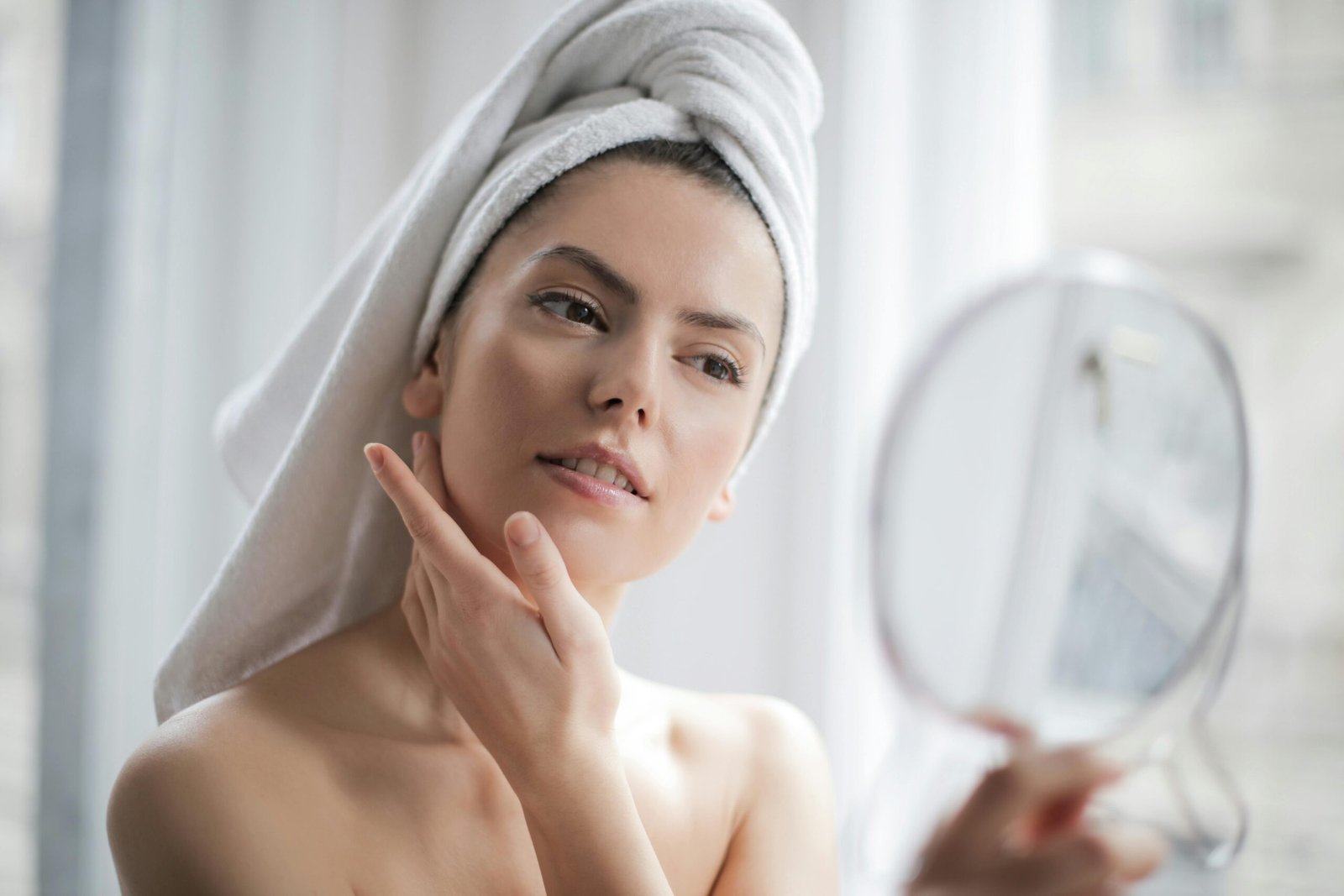
Product Tips for Using Korean Skincare to Manage Acne
If you’re wondering “Is Korean skincare good for acne?”, the answer is yes—but only if you choose the right products and use them correctly. Here are some product tips based on expert recommendations:
Start with Gentle Cleansers
- Avoid harsh soaps or drying cleansers.
- Use a cleansing balm or oil first to remove makeup and excess sebum.
- Follow with a mild foam cleanser or gel cleanser with hydrating ingredients.
Hydrate, Hydrate, Hydrate
- Never skip the toner or hydrating pads after cleansing.
- Look for alcohol-free toners with soothing ingredients like rice extract or centella asiatica.
- Layer serums and essences to boost moisture and calm inflammation.
Use Targeted Treatments Wisely
- Vitamin C serums are excellent for fading acne scars and brightening skin but introduce them gradually.
- Anti-inflammatory serums with ingredients like ginseng or snail mucin help soothe sensitive skin.
- Avoid heavy or pore-clogging products, even if they promise hydration.
Focus on Barrier Repair
- Use creams rich in ceramides, snail mucin, or hyaluronic acid to rebuild skin resilience.
- Apply overnight masks occasionally to support skin regeneration.
Don’t Skip Professional Advice
- Consider seeing a dermatologist who understands Korean skincare methods.
- Follow post-treatment routines carefully if you undergo chemical peels or laser therapy.
- Use iontophoresis or similar methods under professional supervision to enhance ingredient absorption.
Korean Skincare Routine for Acne-Prone Skin: A Simple Example
Here’s a practical, beginner-friendly routine based on the expert advice and product suggestions:
Morning:
- Cleanse with a gentle foam cleanser (e.g., COSRX Snail Mucin Gel Cleanser)
- Apply hydrating toner (e.g., I’m From Rice Toner)
- Use calming serum (e.g., Beauty of Joseon Calming Serum)
- Moisturize with a lightweight cream (e.g., Beauty of Joseon Dynasty Cream)
- Apply broad-spectrum sunscreen (essential for acne-prone skin)
Evening:
- Double cleanse: use cleansing balm (e.g., Dr. Althea Cleansing Balm), then foam cleanser
- Tone with hydrating toner or toner pads (e.g., Mediheal Toner Pads)
- Apply treatment serum (e.g., Dr. Althea Vitamin C Serum)
- Use barrier-repair cream (e.g., COSRX Advanced Snail 92 All In One Cream)
- Optionally, apply overnight mask (e.g., Mediacube Collagen Night Mask) once or twice a week
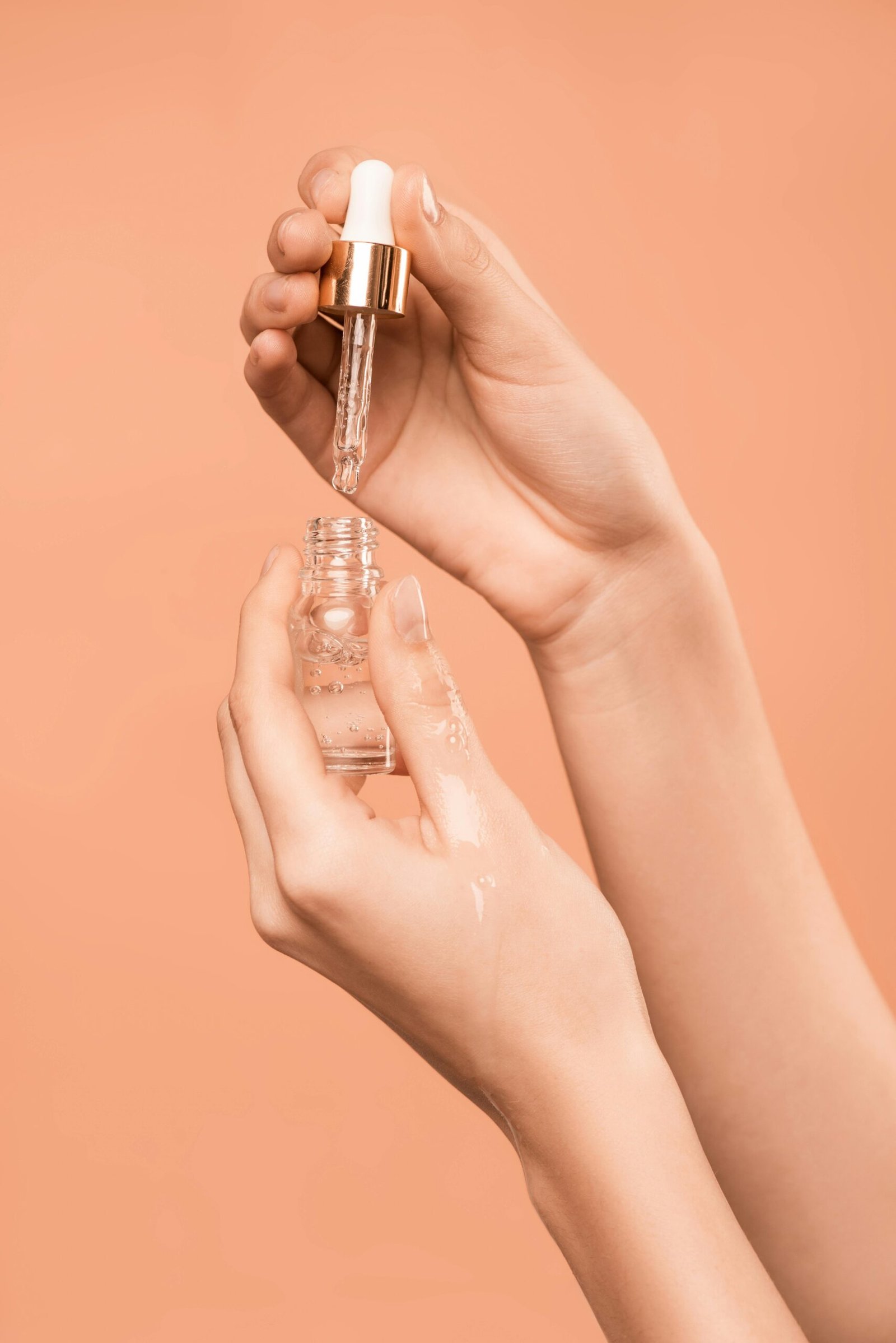
Final Thoughts: Is Korean Skincare Good for Acne?
The answer to “Is Korean skincare good for acne?” is a qualified yes. Korean skincare’s strengths lie in its emphasis on gentle cleansing, deep hydration, and barrier repair, all crucial for managing acne-prone and sensitive skin. The integration of traditional ingredients with modern technology creates products that not only address acne but also improve overall skin health.
However, success with Korean skincare requires a thoughtful, consistent approach. Avoid jumping into complex routines or harsh chemical peels without professional guidance. Listen to your skin, introduce new products slowly, and focus on hydration and barrier repair.
If you want to explore Korean skincare for acne, consider consulting with skincare experts or dermatologists who specialize in these methods. They can tailor treatments and product recommendations specifically for your skin type and acne severity.
